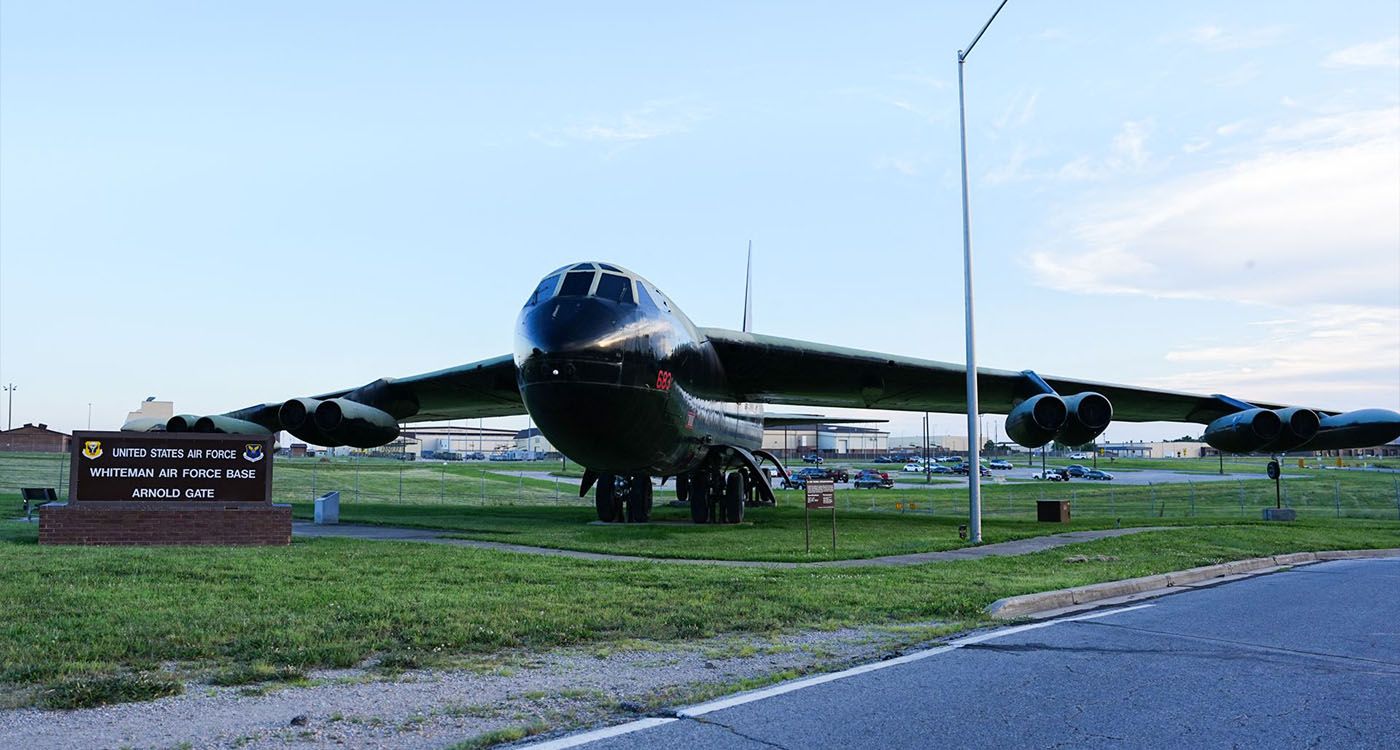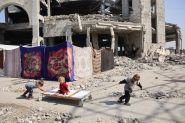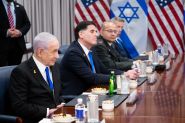- Home
- Middle East
- The 12 Days That Redefined the Middle East

©Getty Images via AFP
With the announcement of a ceasefire, Donald Trump blew the final whistle. Twelve days were all it took to upend the geopolitical order of the region. Twelve days of war between Israel and Iran, following years of shadow conflict, thunderous ultimatums and unspoken red lines.
Twelve days that reshaped the strategic balance in the Middle East and, paradoxically, allowed every player to claim a measure of victory, Iran foremost among them, however implausibly.
It began with a sweeping Israeli air campaign: relentless, methodical strikes against nuclear facilities, missile sites, military zones and Revolutionary Guard positions. Among the targets were scientists and engineers tied to Iran’s nuclear program, around 20 of whom were eliminated.
For Tehran, long versed in proxy warfare, it was a direct blow to the heart.
In response, it struck back, firing waves of missiles and drones, some massive in scale, toward Israel. Most were intercepted, but not all. A few slipped past the Iron Dome. Casualties and damage were reported in Tel Aviv and Haifa. The war was real, even if contained.
Then came the American B-2 bomber raids, carrying GBU mega-bombs. The message to Tehran was unmistakable: You will not get the nuclear bomb.
Faced with such a blow, the mullahs couldn’t remain idle. Their response on Monday night was purely symbolic: a final, deliberately restrained strike on a US base in Qatar. No casualties. A gesture meant only to say, “We responded,” without triggering the point of no return.
What might have exploded into a full-scale regional war ended as a contained but decisive confrontation.
That final strike marked more than just the end of hostilities. It signaled the sidelining of the regime’s hardline faction, champions of apocalyptic messianism, in favor of a more pragmatic camp, focused on survival.
And the outcome? Each side claims victory. Israel achieved one of its most strategic goals in decades by crippling, if not outright derailing Iran’s nuclear program. The United States reasserted itself as the world’s sole, undisputed superpower.
As for Iran, the regime survived. It withstood the blow, retaliated, declared it had responded in kind and can now return to negotiations without the stain of total humiliation. But behind the posturing, the reality is stark: this was a definitive defeat.
The gates to negotiations are about to open. As if by design, Iran’s foreign minister arrived in Moscow yesterday. Putin, ever ready to act as mediator in crises sparked by others, may facilitate a new agreement. One that would allow Iran to retain a civilian nuclear program, but with enrichment carried out abroad, under strict international oversight, possibly on Russian soil.
But the real, unresolved question remains: What is the future of the Iranian regime? It has endured, yes, but also revealed deep fractures, and now it teeters.
No popular fervor. No rallying national spirit. Just a silent, exhausted populace.
Sooner or later, accountability will be demanded, from the people. From history.
Iranians have seen with chilling clarity how easily Israel struck wherever and whenever it chose. They now confront the unraveling of a totalitarian regime, externally weak, internally brutal.
It is likely that a portion of the population, though still incredulous, will try once again to rise up, this time hoping for international support that is less muted than before.
What now lies ahead, if the ceasefire holds, is far more than just renegotiating the nuclear deal. At stake is the very future of Iran’s regional network: the Houthis in Yemen, the Shia militias in Iraq and above all, Hezbollah.
In Lebanon, the pro-Iranian militia will find it increasingly difficult to maintain false pretexts for its arsenal, unless it directs its weapons inward, which would be an entirely different matter.
All these pillars of the so-called “resistance” axis will be on the table, and this time perhaps, for dismantling.
Negotiations will extend beyond centrifuges and enrichment levels to address the shadow empire Tehran has built over more than 30 years. This could well mark the beginning of the end of Iranian interventionism, the force that has wreaked havoc across nearly every country in the Middle East.
The arrogance of the mullahs may now lie buried beneath the ruins of Fordow.
While the Middle East will likely never be a peaceful region, it has just demonstrated that it can, at times, rationally act, even amid chaos.
As Winston Churchill said, “This is not the end. It is not even the beginning of the end. But it is, perhaps, the end of the beginning.”
The road ahead is long. Hold tight.
Read more




Comments